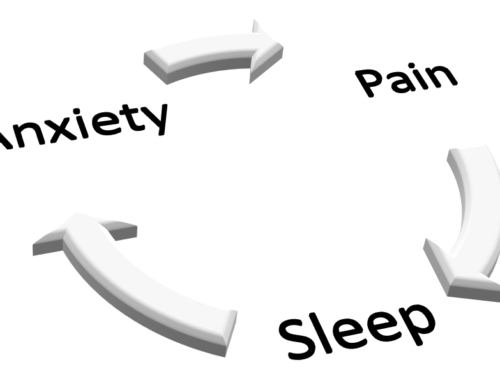
Make sure you are on all appropriate medications. Have your entire regimen reviewed by a medication specialist.
Should the same medications and doses be prescribed for all ages? No! However, we find that often they are. If a medication was a good choice for you at 30, is it still a good choice at 60 or 90? Not necessarily. So, why does age matter? How do you know that you are taking all appropriate medications?
What changes as we age?
Even if you eat right, exercise regularly, and make good choices about alcohol and tobacco, changes occur over time.
- Kidney function starts a very gradual decline in your late 30’s or early 40’s.
- Liver size and blood flow to your liver diminish. The number of cells shrinks. There is less activity of the enzymes that break down medications.
- Food and medications move through the intestine more slowly.
- The volume of urine that the bladder can hold decreases. Bladder muscles weaken.
- For men, the prostate gland increases in size.
- For women, the urethra shortens and comes thinner. So, risk of urinary tract infection goes up.
- Muscles weaken as growth hormone levels decline.
- Aldosterone levels decrease, so risk of dehydration goes up.
- The immune system slows down. So, risk of infection and cancer go up. Also, it can take longer to treat an infection.
- Heart muscle and blood vessels get stiffer. This can increase risk of high blood pressure. Also, with exercise, the heart can’t pump as much blood or speed up as much as it did at younger ages. So, exercise capacity is lower.
- The muscles involved in breathing weaken. There is a decline in the number of small sacs in the lungs where oxygen is passed to the blood.
- The amount of water in the body goes down while the body fat goes up.
This list is not meant to depress anyone. These are just some of the very natural changes that occur in all of us. So with all of this change, the need for medication, the types of medications that are needed, and the doses of medications are all different.
Nearly all medications leave the body through the urine or the stool. Most medications are changed as they pass through the liver. There are enzymes in the liver that break down those medications. When the kidneys and liver become less functional, it takes longer to get the medications back out of your body. This means a single dose can last longer or have a bigger impact.
Most medications have a preference for water (hydrophilic) or fat (lipophilic). Since body water and fat both change, medication concentrations also change.
Guidelines for taking appropriate medications
There are so many changes to manage that guidelines have been written to try to decrease some of the more common mistakes that are made. These are oriented to people over age 65. The Beer’s List was first developed by a group of doctors in 1991. It has since been updated many times. It contains a list of medications not to use and another list to use with special precautions. There is also a guideline called STOPP that lists medications to avoid in adults over 65. For both guidelines, there are safe options to use in place of the medications on the lists.
If you are 60+, is there a specialist in medication use for people of your age monitoring your medication use? Can you really afford to avoid this review? We have found there is some issue to address 98% of the time we provide an assessment. For your personal assessment, contact us at www.medsmash.com.
For further application, check out my personal blog.



